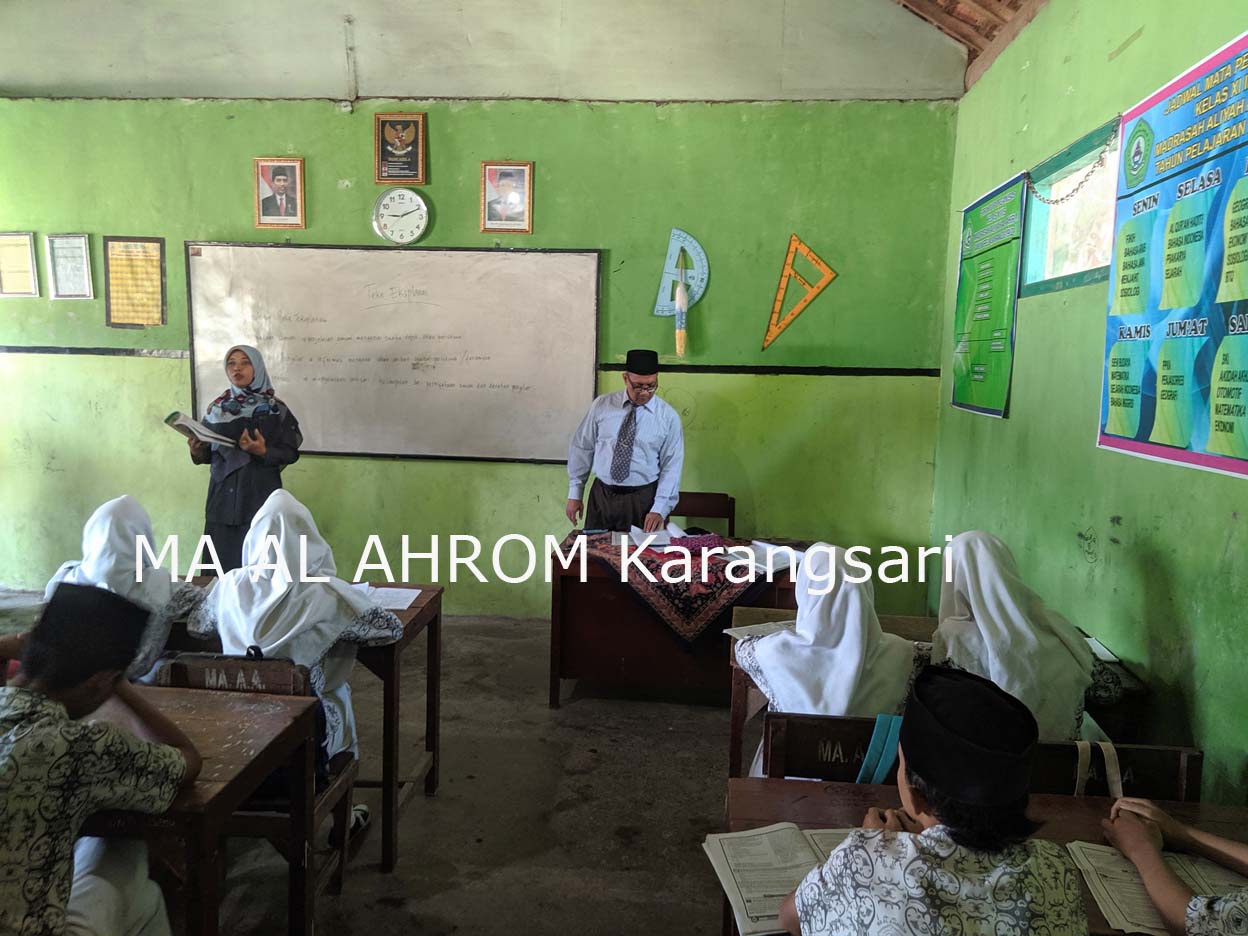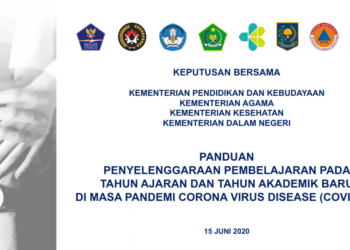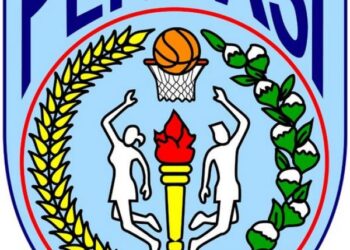
The Madrasah Curriculum, Infrastructure, Student and Institutional Facilities (KSKK) reminded madrasas to remain vigilant about the new type of coronavirus (COVID-19).
Madrasas located in the green zone are allowed to hold face-to-face teaching and learning activities, but they must be careful and not take risks.
“Asserting, we as madrasa directors ask all madrasas in Indonesia not to try to play with COVID-19. We can make peace, but don’t try (don’t take COVID-19 lightly),” said Director of KSKK Madrasah at the Ministry of Religion, Ahmad Umar, Wednesday (17/6/2020) yesterday.
Umar said that before it was declared safe from COVID-19, madrasas were strictly prohibited from holding face-to-face teaching and learning activities.
However, to take care of administration such as taking care of diplomas, taking report cards, re-registration, and admitting new students (PPDB) can be done face-to-face, but still implement strict health protocols.
As for teaching and learning activities in class, he also advised not to take COVID-19 lightly. It is better to maintain the health and safety of madrasa students than to carry out risky face-to-face learning. “I advise madrasas to take care of the condition of the children so that there are no victims because of studying (in class) and ignoring health protocols,” he stressed.
Furthermore, he revealed a joint decree (SKB) regarding guidelines for the implementation of learning in the academic year and the new academic year during the COVID-19 pandemic had been published earlier this week. The technical implementation of education in madrasas, he said, has also been regulated in the SKB because this SKB was made with the Ministry of Religion.
He further explained that the implementation of education in madrasas and public schools during the COVID-19 pandemic was generally the same. However, there is one difference, namely the Ministry of Religion has limited school operational assistance (BOS) for teacher salaries, while the Ministry of Education and Culture has not limited the use of BOS funds for teacher fees.
“BOS funds for teachers are normally 30 percent. If madrasas require an additional 30 percent for teacher fees, they are allowed as long as the head of the local district/city Ministry of Religion has permission,” he explained.
Regarding the number of madrasas in the green zone or areas without cases of COVID-19 infection, Umar said it could not be mapped in detail. However, if you look at the map, the green zone is mostly in the eastern part of Indonesia. The number of madrasas in eastern Indonesia is also small because 60 percent of madrasas are on the island of Java. Meanwhile, madrasas on the island of Java are, on average, in the red zone.
The Ministry of Religion is preparing and perfecting the madrasa e-learning platform to support madrasah students learning. To that end, the Ministry of Religion is collaborating with Google so that millions of madrasa students can access e-learning for free.
To deal with COVID-19, the Ministry of Religion will also implement emergency curriculum guidelines. Based on the emergency curriculum, learning is only complementary because the main things are maintaining the health of madrasa students, character and moral education, good worship education, and using the daily time to help parents.








